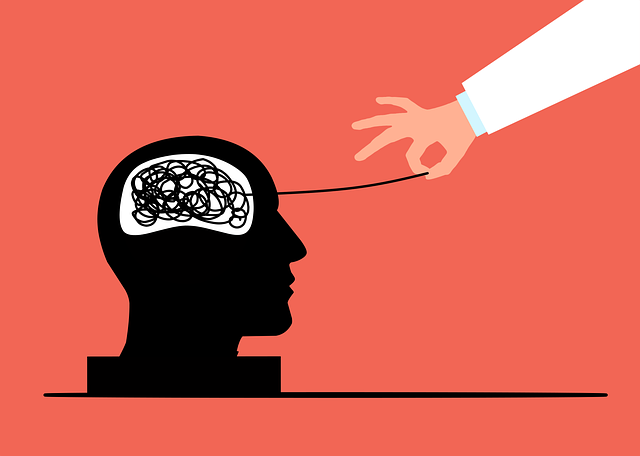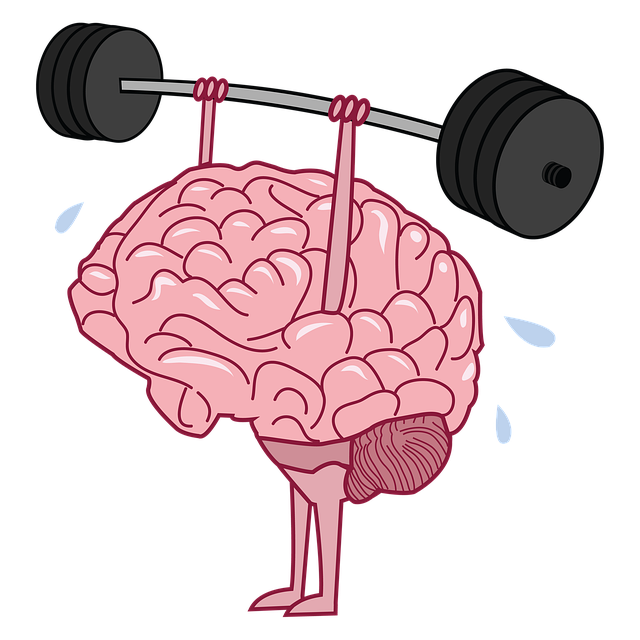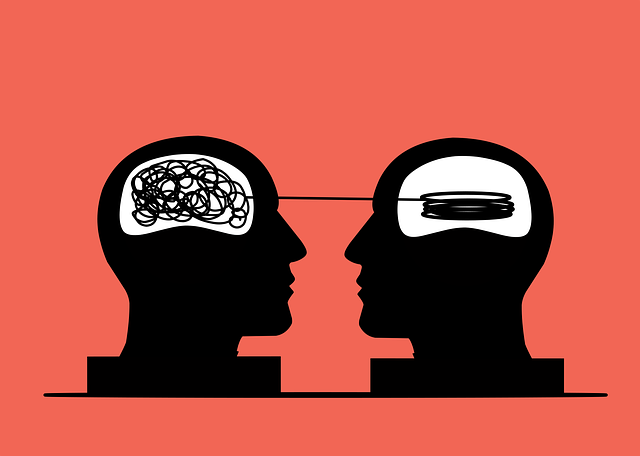The historical stigma surrounding mental illness, including Centennial Autism Spectrum Disorder (ASD), has led to discrimination and isolation for centuries due to a lack of understanding. This stigma impedes access to necessary therapy, causes prolonged suffering, and fosters self-stigma. However, tools like mindfulness meditation, resilience-building exercises, and confidence-boosting strategies combat this stigma, promoting mental wellness and fostering acceptance for individuals with ASD and other mental health challenges. Education, awareness, and media representation play crucial roles in destigmatizing conditions like ASD, while initiatives like Centennial Autism Spectrum Disorder Therapy and global collaborations work towards creating inclusive environments where everyone feels valued.
Mental illness stigma, a persistent barrier to recovery, demands ongoing efforts to reduce its devastating impact. This article delves into key strategies for challenging societal perceptions, focusing on historical contexts that have fueled stigma and its detrimental effects on individuals’ well-being. We explore the power of education and awareness campaigns, highlighting their role in fostering empathy and understanding. Additionally, we discuss supportive therapy for individuals with Autism Spectrum Disorder (ASD) as a Centennial approach to empowerment. Global initiatives are also examined, emphasizing collaborative efforts towards a more inclusive society.
- Understanding Mental Illness Stigma: Historical Perspectives and Impact on Individuals
- The Role of Education and Awareness in Breaking Down Barriers
- Empowering Individuals with Autism Spectrum Disorder (ASD) Through Supportive Therapy
- Media Representation and Its Influence: A Responsible Approach
- Global Efforts and Initiatives: A Collaborative Journey Towards Reduction
Understanding Mental Illness Stigma: Historical Perspectives and Impact on Individuals

Stigma surrounding mental illness has deep historical roots, often stemming from a lack of understanding and fear of the unknown. For centuries, conditions like Centennial Autism Spectrum Disorder (ASD) were misrepresented and misunderstood, leading to widespread discrimination and isolation. This historical context plays a significant role in shaping societal perceptions, impacting how individuals with mental health challenges are treated.
The impact on affected individuals is profound. Stigma can prevent people from seeking necessary therapy or support, leading to prolonged suffering. It may manifest as self-stigma, where individuals internalize negative beliefs and withdraw from social interactions, hindering their ability to build resilience and confidence. Mindfulness meditation, resilience-building exercises, and confidence-boosting strategies have emerged as valuable tools in combating this stigma, promoting mental wellness, and fostering a more accepting society.
The Role of Education and Awareness in Breaking Down Barriers

Education and awareness play a pivotal role in breaking down barriers surrounding mental illness, including conditions like Centennial Autism Spectrum Disorder (ASD). By integrating Compassion Cultivation Practices into educational settings and communities, we can foster an environment that promotes understanding and acceptance. This approach encourages folks to view individuals with ASD on a spectrum of unique strengths and challenges, rather than adhering to rigid stereotypes.
Through the production of engaging Mental Wellness Podcast Series, we can amplify the voices of those living with ASD, sharing their personal journeys and experiences. These platforms provide a space for open dialogue about emotional healing processes, challenging societal norms and fostering empathy. In turn, this increased exposure helps to destigmatize mental health issues, paving the way for more inclusive and supportive communities where everyone feels seen, heard, and valued.
Empowering Individuals with Autism Spectrum Disorder (ASD) Through Supportive Therapy

Empowering individuals with Autism Spectrum Disorder (ASD) through supportive therapy is a crucial aspect of reducing stigma and fostering understanding in our communities. Centennial Autism Spectrum Disorder Therapy focuses on providing personalized care that addresses not just the symptoms, but also the unique challenges faced by those on the spectrum. This approach emphasizes the importance of emotional regulation and mood management skills, which are essential for improving daily functioning and enhancing overall well-being.
Through community outreach program implementation, therapists engage with individuals, families, and support networks to promote inclusive practices and dispel myths surrounding ASD. By educating the public about the diverse strengths and challenges associated with autism, these efforts aim to create a more accepting and supportive environment. The ultimate goal is to enable those with ASD to thrive, leading to improved mental health outcomes and a reduced stigma that has long surrounded this community.
Media Representation and Its Influence: A Responsible Approach

The media plays a pivotal role in shaping public perception about mental health, particularly conditions like Autism Spectrum Disorder (ASD). A responsible approach to ASD representation in film, television, and other forms of media can significantly contribute to stigma reduction efforts. It’s crucial to portray individuals with ASD in a nuanced manner, highlighting their strengths, challenges, and unique perspectives without perpetuating stereotypes.
By integrating communication strategies that promote understanding and empathy into Centennial Autism Spectrum Disorder Therapy initiatives, media creators can foster positive change. This might involve featuring characters with ASD in leading roles, showcasing diverse experiences within the spectrum, and collaborating with experts and advocates to ensure accuracy. Additionally, producing Mental Wellness Podcast Series Production focused on neurodiversity and including people with ASD as contributors can help promote positive thinking and break down barriers.
Global Efforts and Initiatives: A Collaborative Journey Towards Reduction

Global efforts to reduce stigma surrounding mental illness have been gaining momentum, reflecting a collaborative journey towards a more inclusive and supportive society. Organizations worldwide are joining forces to challenge societal norms and promote understanding through various initiatives. These include awareness campaigns that utilize social media platforms to share personal stories and dispel myths about conditions such as Centennial Autism Spectrum Disorder Therapy.
The development of Mental Wellness Coaching Programs and the integration of Emotional Intelligence in educational settings are significant steps forward. Similarly, well-designed Mental Health Education Programs aim to equip individuals with knowledge and skills to recognize and support those struggling with mental health issues. Such collaborative efforts underscore a growing commitment to normalizing conversations around mental wellness, fostering empathy, and creating safer spaces for open dialogue.
Mental illness stigma reduction is a multifaceted global effort that requires education, media responsibility, and supportive therapies like Centennial Autism Spectrum Disorder (ASD) therapy. By understanding historical perspectives and their impact on individuals, we can navigate a more inclusive future where everyone receives the care they need without fear of judgment. Global initiatives and collaborative efforts are key to breaking down barriers and fostering communities that embrace diversity in mental health.














